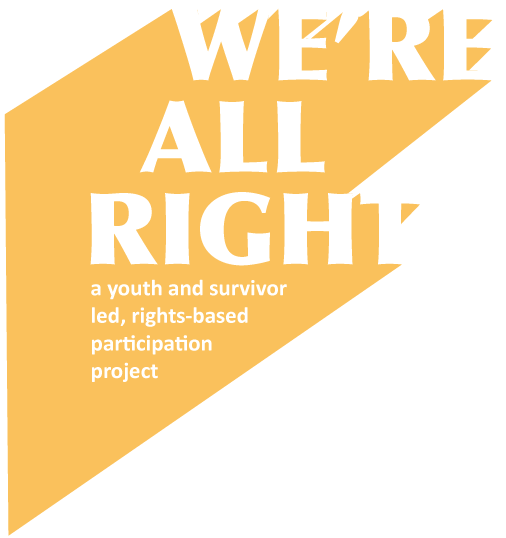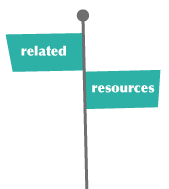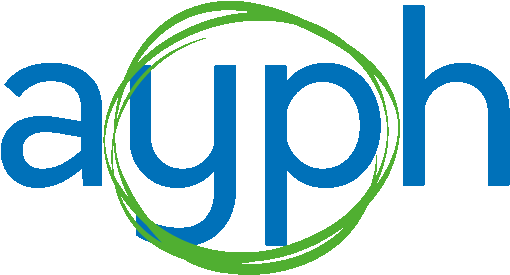
Self directed learning hub
We have produced a wealth of resources to support you to improve your support for young people affected by sexual violence. The Youth Advisers and young people on this project believe everyone has the capacity to improve and that young people need many more people in their lives who can empathise and uphold their rights. There is something for everyone whether you are a professional working with young people, a family member or a friend of a young person affected by any kind of trauma. Read about what you’ll find here.
Take as much time as you need to complete the modules. They are designed to support self reflection and learning. Thinking about these issues may bring up unwelcome thoughts and feelings. We have provided content warnings as well as signposts at the bottom of this page to sources of support if things feel overwhelming. Or you could try to set up your own study group with friends or colleagues so you have people to talk to and provide support as you go through the curriculum.
Module 1: Understanding young people’s rights
 Podcast 1: Spencer
Podcast 1: Spencer
In this episode we share Spencer’s story about overcrowding during lockdown and how young people thought he could be supported
 UNCRC
UNCRC
Everyone should be familiar with the UN Convention on the Rights of the Child! Learn or review it here
 Isabelle’s scenario
Isabelle’s scenario
This scenario will allow you to put your new knowledge into practice – you will return to Isabelle’s scenario in the other modules
 Podcast transcript
Podcast transcript
We’ve made a full transcript of this module’s podcast available for anyone who has hearing impairments or can’t listen for any reason

Some resources we used when developing this Module that you may find interesting
Read about how overcrowding affected young people during lockdown
Read about how LGBTQIA+ people have been disproportionately impacted by the COVID-19 pandemic
Module 2: Understanding trauma and why rights are so important to young people’s recovery
Podcast 2: Dottie
We hear about Dottie’s experience of domestic violence during lockdown and what support young people thought she needed.
 Support map
Support map
We return to Isabelle’s scenario from Module 1 with this follow up activity
How? How? How?
A thought provoking activity about the support you’ve received and the support you want to provide
 (Re)setting boundaries
(Re)setting boundaries
This physical activity will help you think about the challenges of asserting new boundaries after a traumatic experience
 Podcast transcript
Podcast transcript
We’ve made a full transcript of this module’s podcast available for anyone who has hearing impairments or can’t listen for any reason
 Listen to Bessel van der Kolk talk about how trauma affects the body in this On Being podcast
Listen to Bessel van der Kolk talk about how trauma affects the body in this On Being podcast
Module 3: Understanding the spectrum of support
 Podcast 3: Dante
Podcast 3: Dante
In this episode we share Dante’s story of losing someone important during the pandemic and how young people thought he could be supported
 Isabelle’s storyboard
Isabelle’s storyboard
Help Isabelle move on with different sources of support and set some boundaries so nobody gets burned out.
 Skills audit
Skills audit
An opportunity to think about turning your skills into concrete support actions for anyone who has experienced trauma
 Podcast transcript
Podcast transcript
Full transcription of our final podcast for anyone with hearing impairments or can’t listen for any reason
 Listen to (and watch) ALOK on the Man Enough podcast talking about the urgent need for compassion
Listen to (and watch) ALOK on the Man Enough podcast talking about the urgent need for compassion
Applying a rights-based approach

Infographic
See how young survivors on the project interpreted the UNCRC and made it relevant to their support needs. A great resource to help any young person better understand how rights work in practice!

Blog post
Read about what we learned when we delivered workshops to support two groups of young people to develop their own rights-based aproach.
Take the extra step: become a Youth Rights Champion
Show young people that you take a rights-based approach when working with them. Everyone who completes this process will receive a certificate. Limited numbers will also get an exclusive badge to help start much needed conversations about rights (first come, first served)

Application Form
Tell us what you’ve learned from our resources and show us you have completed the activities. We suggest reading through this before applying so you know what evidence you need to provide.

Your approach
Develop your own rights-based approach with a group of young people in your space. Full instructions are provided on the worksheet.

Challenge yourself
Write to your future self to explain what you’ve learned from this process and how you want your practice to change. More information on the application form.
Sources of support
 We know that thinking and talking about trauma can be challenging. Sexual violence is a complex issue rooted in structural power that we also know can make you feel overwhelmed. But talking about it can help so we’ve provided links to trusted, anonymous sources of support in case you need them.
We know that thinking and talking about trauma can be challenging. Sexual violence is a complex issue rooted in structural power that we also know can make you feel overwhelmed. But talking about it can help so we’ve provided links to trusted, anonymous sources of support in case you need them.
Childline – support for anyone under 18 with any issue
Mind – list of support options for all types of abuse
Rape crisis – sexual violence support for anyone 16+
Samaritans – support for anybody feeling overwhelmed 24/7
